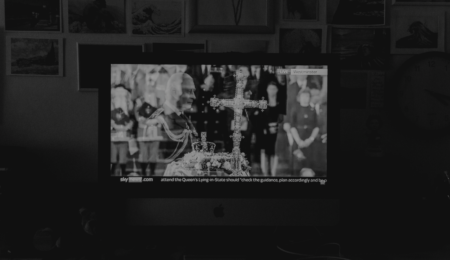My thoughts on the recent events at the University of Ottawa
Over the past couple of weeks, Canadians came face to face with the harsh reality that sexual harassment continues to be prevalent in our society. It started with Jian Ghomeshi: his firing from the CBC, his subsequent lawsuit against them, the victim-blaming filled letter he got Navigator Limited to write, and then the coming out of many courageous women against him. This case created a strong division between people; who were they to believe? A celebrity who claimed he enjoyed rough sex, or according to him, a “jilted ex-girlfriend,” who had it out for him. Victim-blaming, or the act of discrediting the victim with the thought that they are at fault, had started. Who was this woman? Why did she wait so long? Where was she from? Why didn’t she just say no? Questions like these arose, making Ghomeshi’s side more and more believable for some. But then another victim came and told her story. And another. And another. Tables turned when a “credible,” source came forward, a best-selling Canadian author who couldn’t keep silent about his abuse. While this case is ongoing, issues like sexual harassment and consent are now lingering in the minds of many.
After a week of hearing about Ghomeshi, another story came out about a former intern at Parliament being the victim of sexual harassment. The following day, Liberal Party leader Justin Trudeau suspended two Members of Parliament from caucus due to allegations of sexual harassment. And today, an executive member of the international, political and policy studies student’s association at the University of Ottawa was forced to resign due to sexual comments he made toward a first-year student during Orientation Week.
So what does all of this teach us? We can all come to the conclusion that sexual harassment is not a joke, and that consent is mandatory in situations of sexual relations. But we must go further than that. The University of Ottawa must take further action to ensure this kind of behavior does not exist on campus. Here are some simple facts from the Canadian Women’s Organization on violence against women:
- Half of all women in Canada have experienced at least one incident of physical or sexual violence from the age of 16.
- 67 per cent of all Canadians say they personally know at least one woman who has been sexually or physically assaulted.
- On average, every six days a woman in Canada is killed by her intimate partner. In 2011, of the 89 police-reported spousal homicides, 76 of the victims (more than 85 per cent) were women.
- Less than 10 per cent of sexual harassments are reported to the police.
So what can the university do, not only deal with situations like these, but to ensure they do not happen in the first place? I believe the initial step is mandatory training for student leaders in gender and cultural sensitivity. When a student is elected into a position where he or she has power over others, they should learn how to control themselves and act responsibly. The second is harsher penalties for students who commit these heinous acts against others. The student at the University of Ottawa was simply asked to resign from his position. But who knows if he will continue to target other students on campus? An academic penalty should, and must be in place in these situations. Finally, a step in the right direction would be to create overall safer spaces for all students. Increasing funding for counsellors on campus, investing in having organizations come to campus to talk about these issues, and committing to end victim-blaming by continuing to support services such as the Women’s Resource and Pride Centres would help create a more accepting atmosphere for all students.
As John F. Kennedy, once said, “There are risks and costs to a program of action. But they are far less than the long range risks of comfortable inaction.” And that’s what we need more than ever: action.





